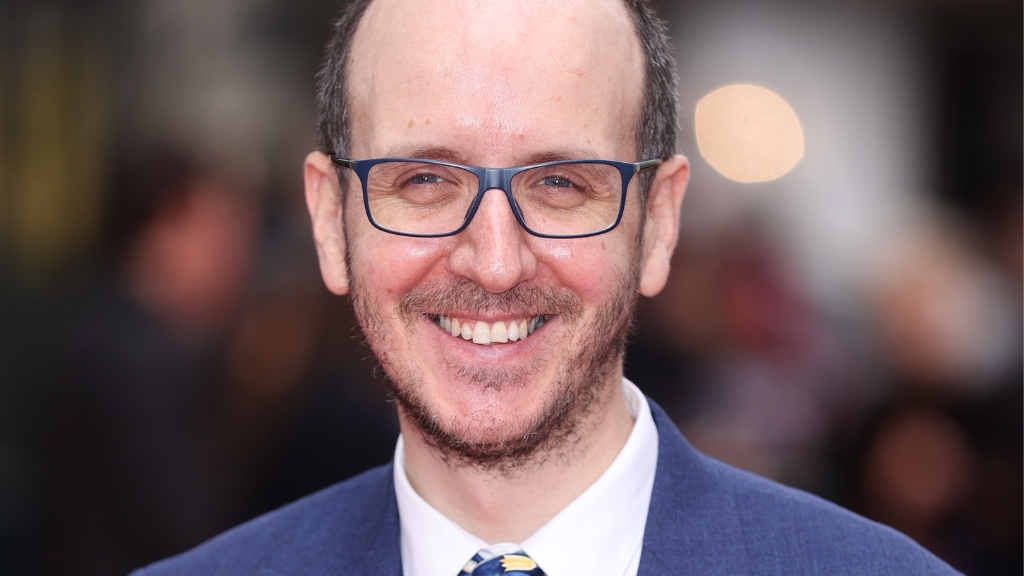While the entertainment industry at large is getting significantly better at both including and representing marginalized groups in-front of and behind the camera, prolific screenwriter Jack Throne (known for his work on Enola Holmes, His Dark Materials, as well as the U.K. versions of both Shameless and Skins) says one group is still largely ignored: disabled people. According to The Hollywood Reporter, Thorne used his keynote MacTaggart Lecture at the Edinburgh TV Festival to address the numerous issues revolving around the exclusion of disabled people and their narratives in film and television. While he at first spoke broadly on the topic, he then proceeded to tell a pretty upsetting story about how one of his series was completely shut down because it followed a wheelchair basketball team.
According to Thorne, once he pitched the idea he was told he needed to eliminate the entire wheelchair aspect of the basketball team in the proposed series because the show “was full of good ideas” and needed “the best chance it could get” at being picked up by a network. He went on to say he was essentially told the fact that it was about a disabled team was “dragging it down” financially, then proceeded to add that prior to his start on BBC’s Then Barbara Met Alan this year, he has never been permitted to make a single disabled story on a full drama budget.
In addition to recounting his own distressing anecdotes, Thorne also talked about the larger issue of the casting of non-disabled people in disabled roles, a problem that made headlines as recently as last November, when Sia cast a non-disabled actress in the role of someone with autism in her film Music. The writer acknowledged that while there are a number of disabled actors currently working, he said they were mostly “disabled people fitting in with non-disabled narratives.” To help remedy this problem, Thorne expressed his desire for quotas to ensure disabled representation in both the film and television industries feel more true to real life. He stated that while “there is an intention to change [..] that intention is not backed up by impositions on the makers to change their ways,” before pointing to statistics stating that while 20% of the U.K.’s population is disabled, only 8.2% of on-screen talent and just 5.4% of people working off-screen are.
This lecture is merely one part of Thorne’s larger work to highlight the way disabilities are handled — or ignored — in entertainment. Here’s hoping his words hit home for more filmmakers and writers and we start to see even more work intent of providing disabled groups with adequate representation and stories.







